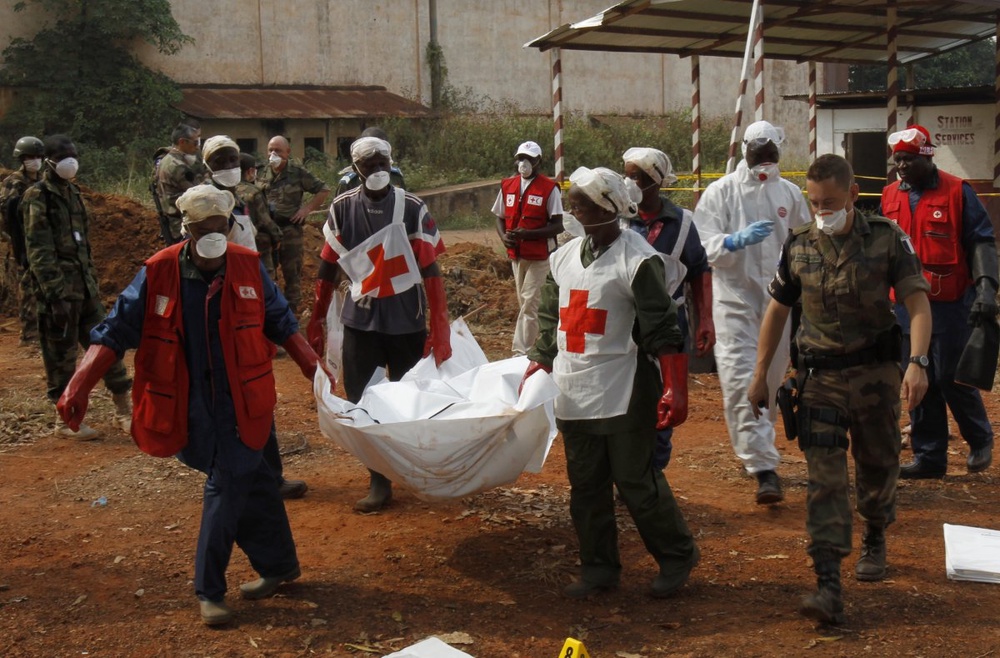
The Red Cross said Tuesday that an agreement with Pacific island nations designed to stop bureaucracy hampering disaster relief would save lives in emergencies, AFP reports. The Australian Red Cross said the 16-nation Pacific Islands Forum had signed a memorandum of understanding agreeing to streamline laws that can affect aid efforts after a disaster. The head of the Australian Red Cross's international programme, Peter Walton, said almost 3.5 million people were affected by disasters between 1993 and 2012 in the Pacific, including about 4,400 who died. He said the area, which is vulnerable to cyclones and earthquakes, must be prepared to accept international aid swiftly when there was a catastrophe. "One thing that is constant in any disaster response is the urgency, time really is critical if we want to save lives and limit the impact of any disaster," he told AFP. "So it is a frustration for a number of organisations when bottlenecks sometimes develop, perhaps related to visa or personnel registration, customs clearance or transport permissions." He said new measures should make it easier for aid agencies to get help to stricken communities after a disaster, helping save lives. "After any disaster, there's always questions around how aid can get through faster and that is exactly what the intention is here," he said. "You need to prepare in advance, knowing that disasters will continue to occur."





The Red Cross said Tuesday that an agreement with Pacific island nations designed to stop bureaucracy hampering disaster relief would save lives in emergencies, AFP reports.
The Australian Red Cross said the 16-nation Pacific Islands Forum had signed a memorandum of understanding agreeing to streamline laws that can affect aid efforts after a disaster.
The head of the Australian Red Cross's international programme, Peter Walton, said almost 3.5 million people were affected by disasters between 1993 and 2012 in the Pacific, including about 4,400 who died.
He said the area, which is vulnerable to cyclones and earthquakes, must be prepared to accept international aid swiftly when there was a catastrophe.
"One thing that is constant in any disaster response is the urgency, time really is critical if we want to save lives and limit the impact of any disaster," he told AFP.
"So it is a frustration for a number of organisations when bottlenecks sometimes develop, perhaps related to visa or personnel registration, customs clearance or transport permissions."
He said new measures should make it easier for aid agencies to get help to stricken communities after a disaster, helping save lives.
"After any disaster, there's always questions around how aid can get through faster and that is exactly what the intention is here," he said.
"You need to prepare in advance, knowing that disasters will continue to occur."

 +7 (777) 001 44 99
+7 (777) 001 44 99



 Қазақша
Қазақша Русский
Русский English
English














































